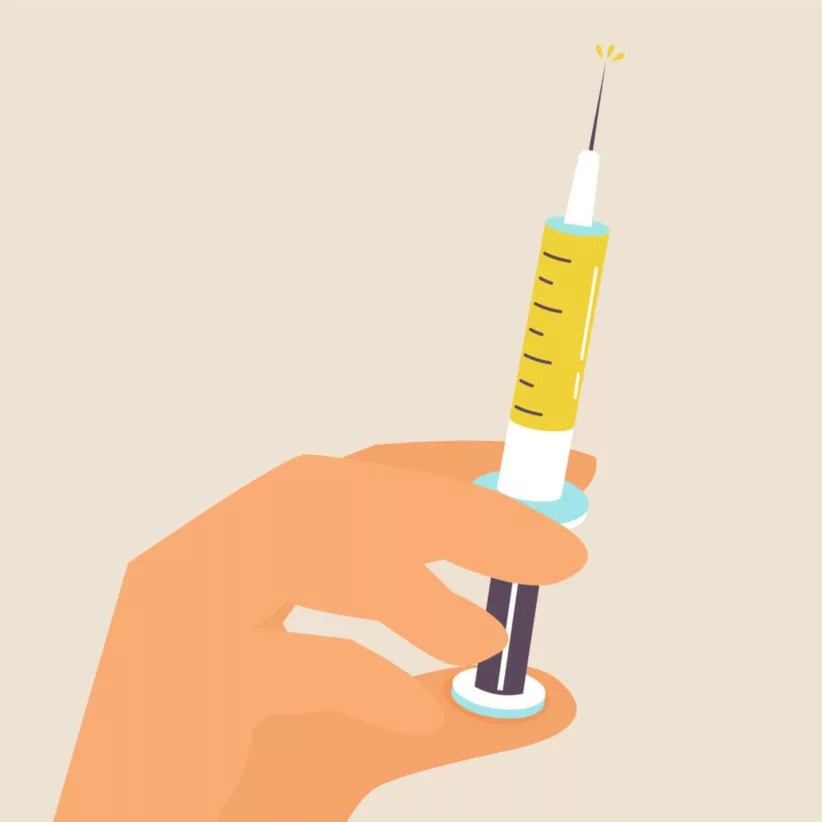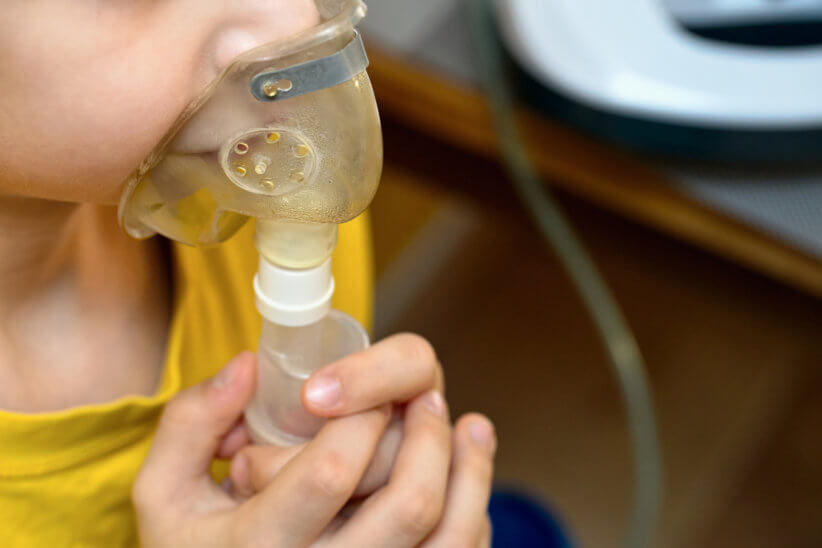

RSV Shot has been Approved by the FDA and the CDC for Infants: What Parents Need to Know
In the fall of 2022, there was a rash case of RSV infections among young children. While RSV—respiratory syncytial virus—is a common seasonal respiratory virus of the respiratory tract known to be more severe in infants and older adults- it can be especially highly contagious to children. And many kids had to be hospitalized at the time. What worried most parents, besides the fact that we had all been put through Covid, Monkeypox, and now RSV, was this was all happening at a time when kids were getting back out in the world and had not been around everyday germs and viruses. It was not surprising the numbers were high for hospitalizations in New York and positive cases were up weekly at this time. With this rise in flu and Covid cases, health experts referred to the worrying increase in infant hospitalizations as a “tripledemic.” Once again, parents with young children and the vulnerable such as immune comprised individuals and the elderly, had to continue to mask up and tread carefully outdoors or in highly populated places. While vaccines against Covid and the flu were already available by that time, no such antibody protection against RVS existed for infants.

Some of the most vulnerable to RSV are newborns to children to age 5. RSV is the single most common cause of respiratory hospitalization in infants. It is estimated that about 1 to 3 percent of children under 12 months old in the U.S. are hospitalized each year due to RSV, according to the American Academy of Pediatrics.
Now there is help. On July 18, 2023, the FDA approved Beyfortus from AstraZeneca and Sanofi, which protects infants and toddlers against the Respiratory Syncytial Virus. On August 3rd the CDC approved the shot. The CDC in a statement shared, “All infants younger than 8 months who are born during – or entering – their first RSV season should receive one dose of nirsevimab. For some children between the ages of 8 and 19 months who are at increased risk of severe RSV disease, a dose is recommended at the start of their second RSV season.”
Psst…How Parents Can Co-Parent Peacefully: An Expert Weighs In
What is Beyfortus
When our babies are young, we feel vulnerable about what we give them. While treatments are a relief, we all want to understand what we give our children. Beyfortus is a monoclonal antibody treatment, meaning it works by neutralizing the virus and suppressing its ability to replicate itself. Monoclonal antibodies are a type of protein made in a lab and can bind to certain targets in the body, such as antigens.
RSV infection rates typically rise in late fall and early winter. Though the virus usually presents with mild, cold-like symptoms, the infection is often more severe in babies under 12 months. It can lead to the development of lower respiratory tract diseases such as pneumonia and bronchiolitis.

Why this new shot matters
With RSV being the biggest respiratory threat to young babies, it is understandable why this new treatment is a big deal for many parents. The new treatment is expected to be available to the public by the start of the fall RSV season. This means the school season, daycare, nursery school, and indoor excursions such as going to the movies no longer mark the same fear of an RVS uprising. Also, air travel and holiday time with extended family means less worry of a respiratory illness.
Of course, we recommend having a conversation with your pediatrician regarding your baby being given the RSV shot.
John Farley, director of the FDA’s Office of Infectious Diseases, shared in a statement. “RSV can cause serious disease in infants and some children and results in a large number of emergency department and physician office visits each year,” he also shared, “Today’s approval addresses the great need for products to help reduce the impact of RSV disease on children, families, and the health care system.”
Psst…RSV and Other Respiratory Illnesses: What Parents Need to Know







